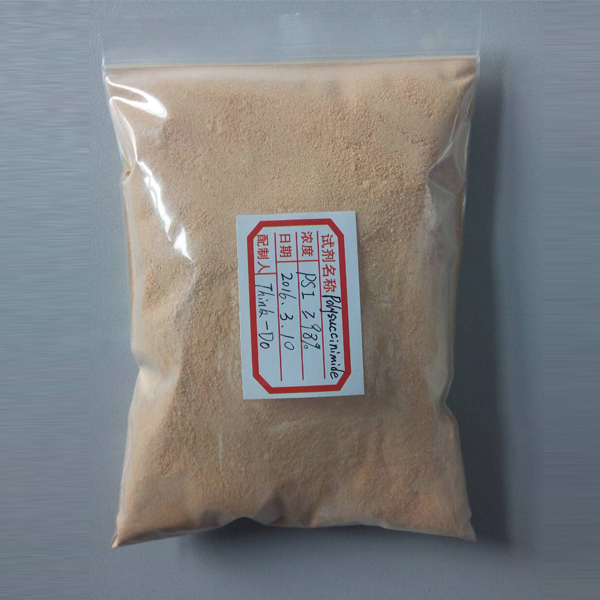
News
Sep . 14, 2024 20:02 Back to list
high quality sodium citrate chelating agent
The Role of High-Quality Sodium Citrate as a Chelating Agent
Sodium citrate, a sodium salt of citric acid, is widely recognized for its versatile applications in various industries, particularly in food, pharmaceuticals, and biochemical research
. One of its notable properties is its ability to function as a chelating agent, which is invaluable in managing metal ions in different contexts.Chelation refers to the formation of complex compounds between metal ions and specific molecules called chelators. High-quality sodium citrate is particularly effective due to its ability to bind divalent and trivalent metal ions, such as calcium, magnesium, and iron. This property is critical in several applications. In the food industry, sodium citrate is often used to stabilize flavors and prevent the precipitation of metal ions, which can lead to undesirable tastes and appearance. By sequestering these metals, sodium citrate enhances the shelf life and safety of food products.
In pharmaceuticals, sodium citrate is employed in formulations to improve solubility and stability. It is commonly found in anticoagulant solutions, where it plays a vital role in preventing blood coagulation by binding calcium ions. This chelation is crucial for medical applications such as dialysis and blood transfusions, where maintaining a precise balance of ions is essential for patient safety.
high quality sodium citrate chelating agent

In agricultural practices, high-quality sodium citrate serves as a chelating agent in soil amendments and fertilizers. It helps to make essential nutrients more bioavailable to plants by binding to metal ions in the soil. This chelation process not only enhances nutrient uptake but also reduces the toxicity of certain metals, promoting healthier plant growth.
Moreover, in laboratory settings, sodium citrate is frequently used in molecular biology and biochemistry. It acts as a pH buffer and is instrumental in various assays and reactions, including protein purification and enzyme activity studies. Its effectiveness as a chelator also aids in enzyme stabilization, making it a valuable component in reagent formulations.
In conclusion, high-quality sodium citrate stands out as a multi-functional chelating agent with a broad range of applications. Its ability to intricate interactions with metal ions enhances product stability in food and pharmaceuticals, improves nutrient availability in agriculture, and facilitates various biological processes in laboratory research. As industries continue to seek effective and safe solutions, sodium citrate’s role as a chelating agent is set to expand even further, highlighting its importance in both practical and scientific realms.
-
Polyaspartic Acid Salts in Agricultural Fertilizers: A Sustainable Solution
NewsJul.21,2025
-
OEM Chelating Agent Preservative Supplier & Manufacturer High-Quality Customized Solutions
NewsJul.08,2025
-
OEM Potassium Chelating Agent Manufacturer - Custom Potassium Oxalate & Citrate Solutions
NewsJul.08,2025
-
OEM Pentasodium DTPA Chelating Agent Supplier & Manufacturer High Purity & Cost-Effective Solutions
NewsJul.08,2025
-
High-Efficiency Chelated Trace Elements Fertilizer Bulk Supplier & Manufacturer Quotes
NewsJul.07,2025
-
High Quality K Formation for a Chelating Agent – Reliable Manufacturer & Supplier
NewsJul.07,2025
